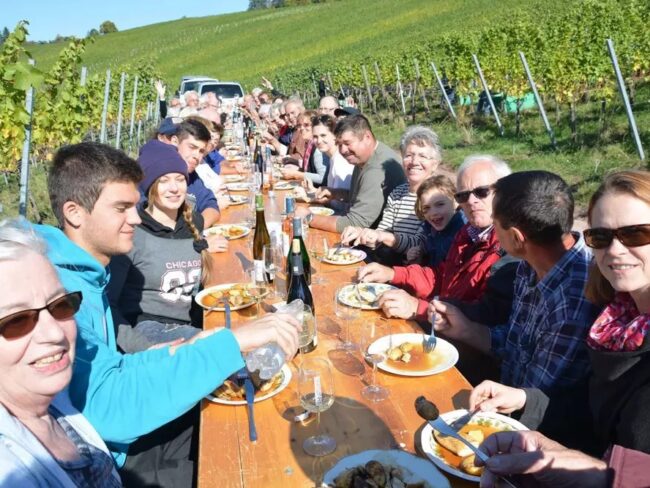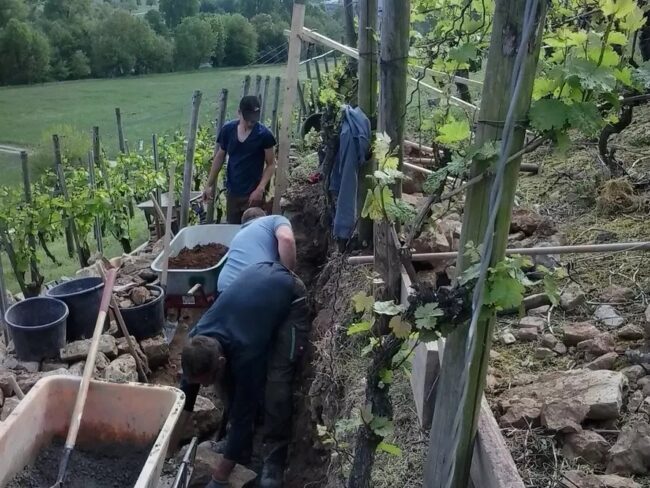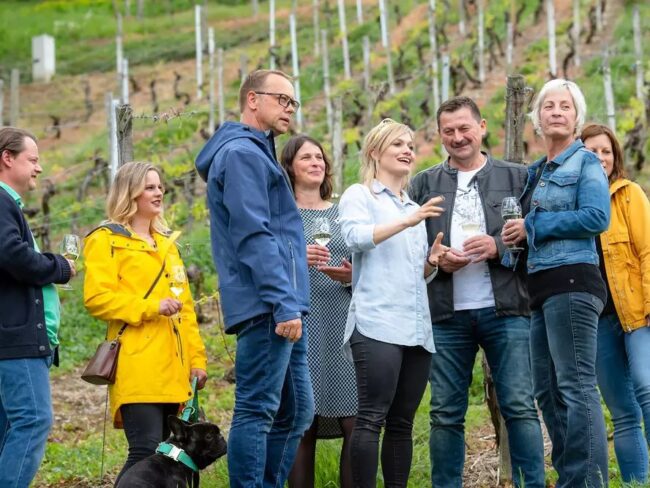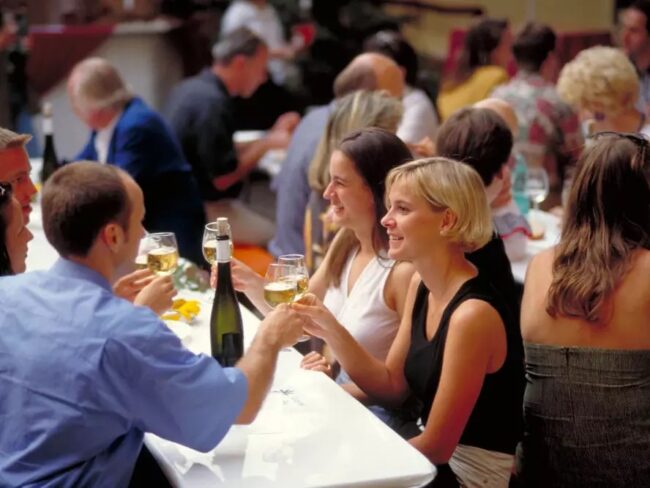This case study explores the recognition and safeguarding of wine culture in Germany as an element of intangible cultural heritage (ICH), with particular emphasis on the Mosel region – one of the country’s oldest and most renowned wine-producing areas. Rooted in centuries of tradition, wine culture in Germany includes not only the cultivation and production of wine, but also the associated knowledge systems, social customs, seasonal festivals, and the deep interconnection between people, land, and climate. The landscape itself – characterised by terraced vineyards on steep slopes – is both a cultural product and a key factor in viticultural identity.
In Mosel, the Riesling grape dominates the wine sector, prized for its sensitivity to terroir and climatic conditions. The region’s viticultural heritage is embodied in long-standing practices, such as the election of Wine Queens, communal festivals, and traditional vineyard management passed down through generations. However, climate change is now significantly altering the environmental conditions upon which these traditions depend. Rising temperatures, prolonged droughts, extreme weather events, and shifts in frost patterns have begun to erode the ecological balance that supports high-quality wine production.
While initially some warming extended the growing season and improved grape ripening, ongoing climatic instability now threatens both yield and grape integrity. Notably, the future of Eiswein is uncertain due to the reduced frequency of hard frosts. Additionally, winegrowers are increasingly challenged by soil erosion, pest pressures, and the unpredictability of precipitation and sunshine, which affect sugar levels, acidity, and the sensory profile of wines.
In response, the Mosel wine community – supported by scientific institutions, municipalities, and EU-backed programs – has initiated adaptive strategies. These include experimenting with new grape varieties, modifying vineyard structures, employing frost-protection methods, and collaborating with climate researchers. Initiatives such as the Mosel-AdapTiV project demonstrate how local and scientific knowledge can converge to address the risks posed by climate change while preserving cultural identity.
Although legal protections exist at national and European levels, including appellation systems and landscape conservation subsidies, the regulatory frameworks often lag behind the pace of climate-induced changes. Therefore, German wine culture now faces the dual challenge of preserving its rich traditions while innovating rapidly to remain viable in a changing environment.
This case illustrates how ICH is not static but adaptive, and how the preservation of living heritage must increasingly consider environmental sustainability, intergenerational transmission, and collaborative resilience.




